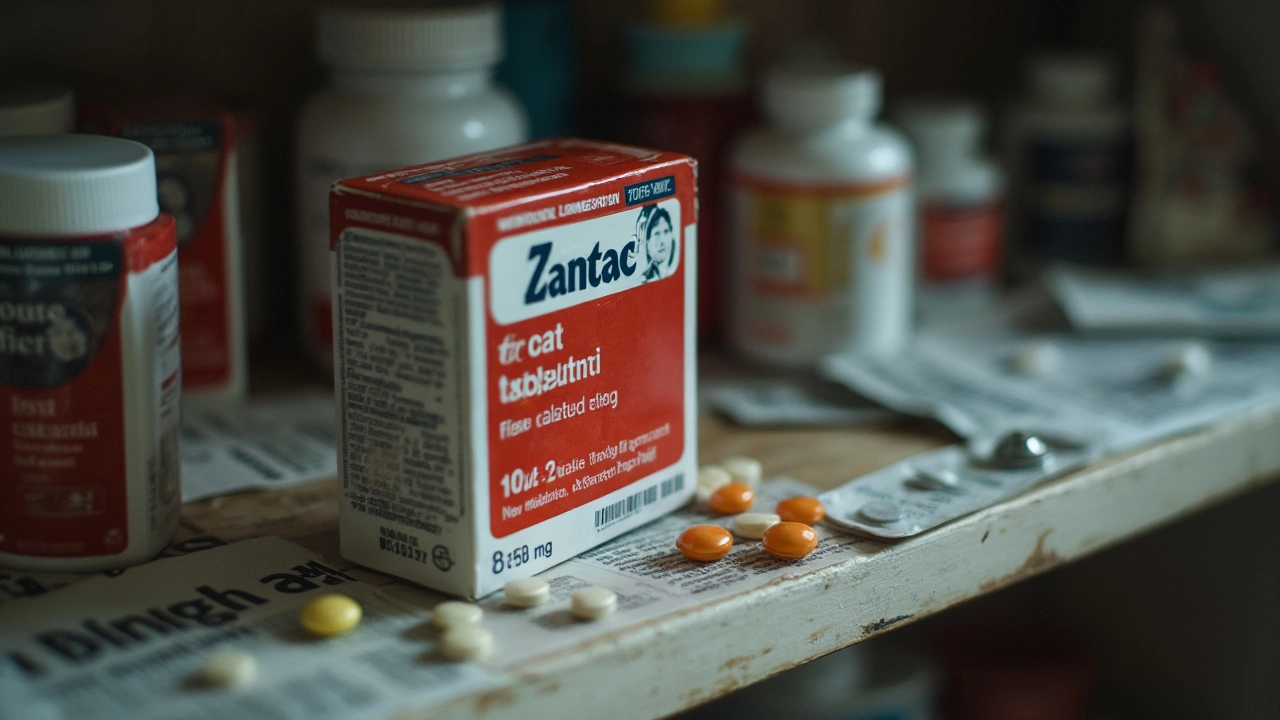Zantac lawsuit: what happened and what you can do now
Did you know the FDA found a probable carcinogen in some Zantac (ranitidine) products back in 2019–2020? That discovery triggered recalls, thousands of patient concerns, and a wave of lawsuits claiming ranitidine caused cancers. If you or a family member took Zantac and later got a cancer diagnosis, this short guide explains the facts, the steps that help your case, and how to gather the right records.
What the FDA found and why it matters
Testing showed that ranitidine can break down and form NDMA, a chemical linked to cancer in high amounts. The FDA asked manufacturers to stop selling ranitidine, and many pharmacies removed it. Lawsuits argue that long-term exposure raised patients' cancer risk. Common cancers mentioned in filings include stomach, colorectal, bladder, and esophageal cancers—those are the types plaintiffs most often report, though every case is different.
Evidence in these claims usually focuses on when a person took ranitidine, for how long, the drug batch or brand, and any medical link between NDMA exposure and the later diagnosis. Some suits were grouped into multi-district litigation (MDL) to share discovery and speed things up. Other cases moved to individual trials. Settlements and outcomes vary based on the strength of medical records and timing.
What you can do now
First, stop assuming and start documenting. If you used Zantac, check old prescriptions, pharmacy receipts, or pill bottles for dates and brand names. Pharmacy records can be requested and are often a key piece of evidence. Ask your doctor for full medical records showing when symptoms began and the date of any cancer diagnosis.
Second, get legal advice from an attorney experienced in drug litigation. A qualified lawyer can tell you whether your situation fits existing lawsuits or warrants a standalone claim. They’ll explain statute of limitations in your state—deadlines matter—so don’t wait.
Third, keep clear notes. Write down when you took the medication, how much, and any side effects you noticed. If family members handled your prescriptions, ask them for details. Photographs of old pill bottles or pharmacy labels help too.
Fourth, talk to your doctor about current treatment and about alternatives to ranitidine. Don’t change medications without medical guidance. Your provider can also document whether your cancer could be linked to medication exposure, which strengthens medical evidence in a claim.
Finally, watch for trustworthy updates. The FDA and major news outlets reported the core findings; avoid social media rumors. If you want help sorting records or finding a lawyer, contact local patient advocacy groups or state bar referral services.
If this applies to you, taking those steps now makes a real difference. Clear records, timely legal advice, and open communication with your doctor are the practical moves that matter most.






